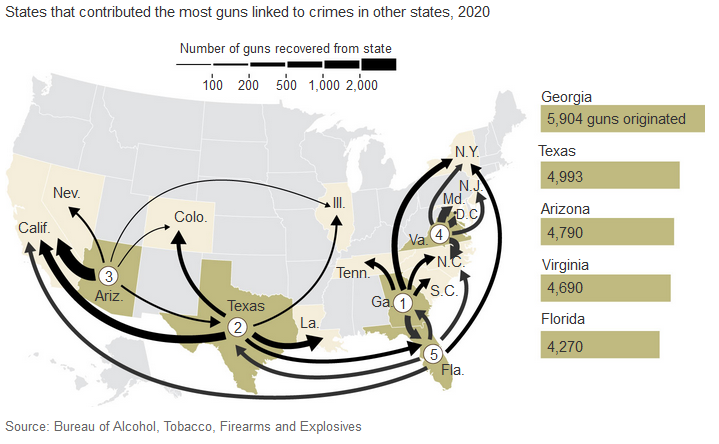Chicago Mayor Lori Lightfoot has announced that Chicagoans can look forward to her planned bump in their property taxes of 2.5%, effective next year.
Maybe the increase is warranted, maybe it isn’t. Here’s the exercise. Lightfoot needs to release, for each of the prior five years, detailed line-item allocations of budgeted property tax collections and the production schedule for each of those allocated-for items.
In parallel with that and for each of those same five years, she needs to release detailed line-item actual expenditures, supported by receipts for each expenditure, for every step of the supply/expense chain from allocation through intermediate purchases/expenses—including identifying intermediate and final suppliers, wages suppliers paid for production of each item at that stage of the chain, the services and hard goods bought, the date of each purchase, the date of actual delivery of each purchase—through to final allocated-for product delivery and the date of that final delivery. For those projects not yet completed and those items not yet finally delivered, she needs to release the originally scheduled dates, their current status, and concrete, measurable reason(s) for the delay, if any.
The exercise, also, would be as informative as it would be interesting.

